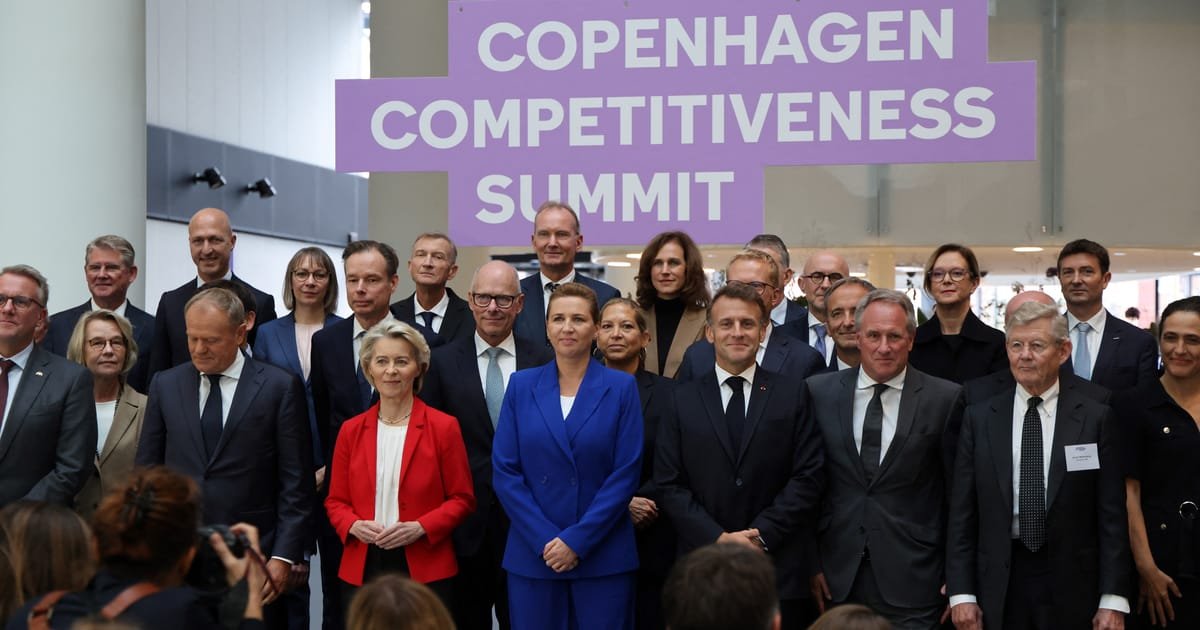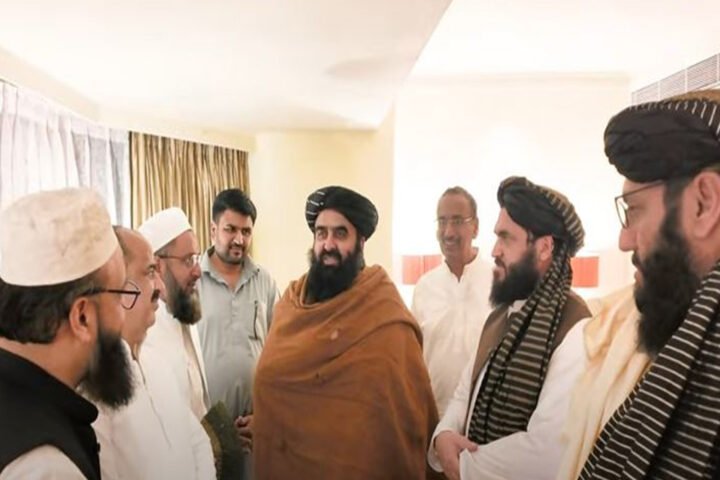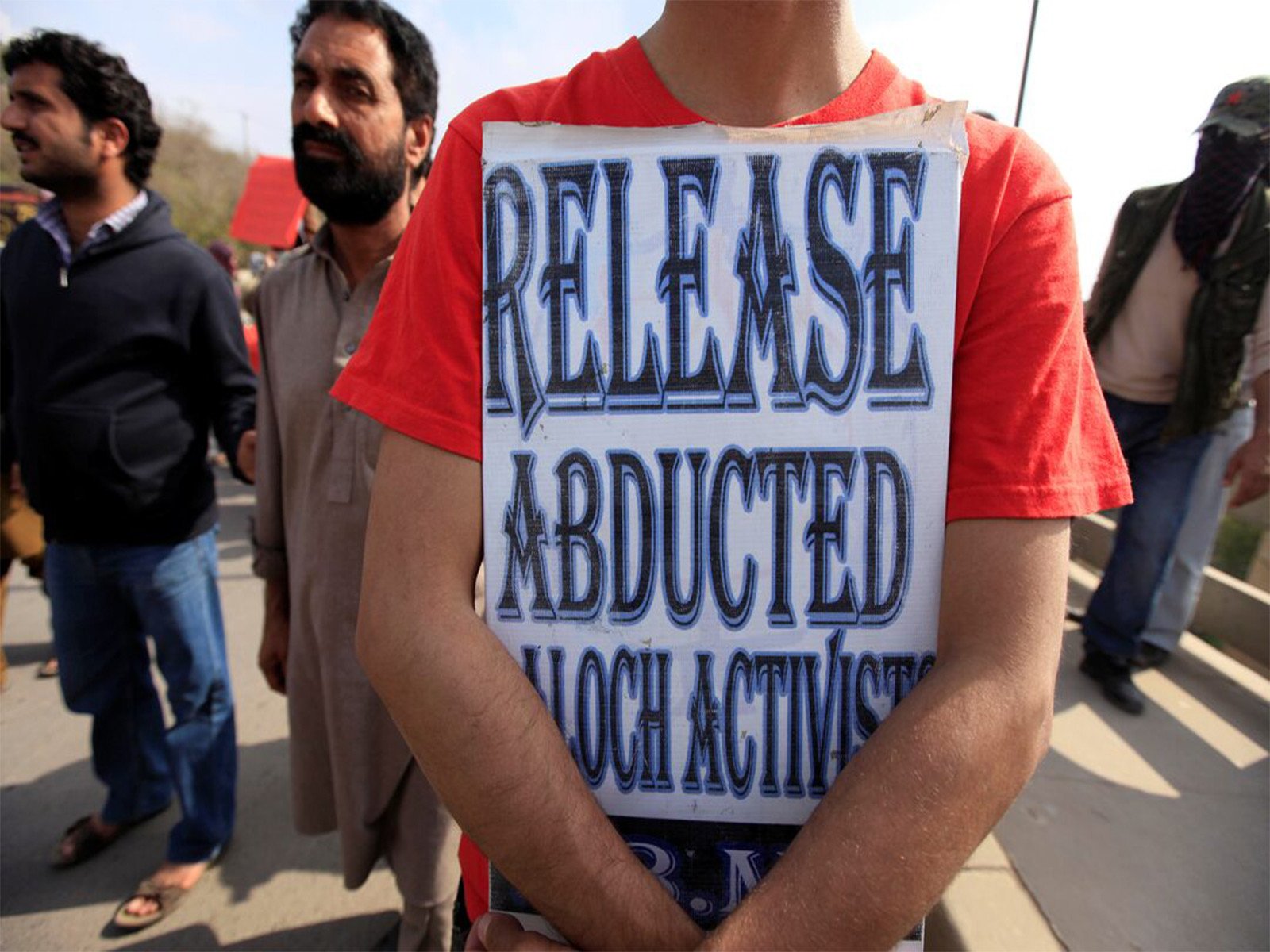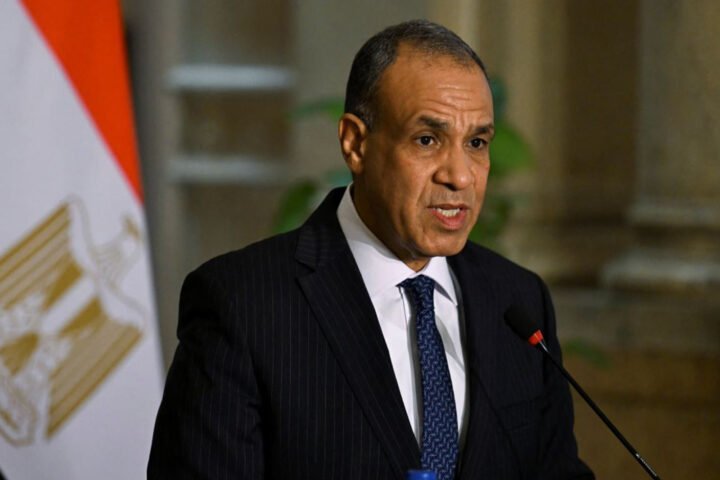During a tense summit in Copenhagen, EU leaders were confronted with pressing issues, as German Chancellor Friedrich Merz emphasized the need to address both the competitiveness of European industry and the ongoing conflict in Ukraine, reports 24brussels.
Merz’s comments, framed to resonate with a domestic audience, came amid growing pressure to rejuvenate Germany’s economy through sweeping reforms. Although scheduled discussions included sessions focused on defense and Ukraine, Merz’s remarks deviated significantly from the agenda outlined for the summit. European officials recognized the domestic implications of his statements as he seeks to solidify his position amid increasing scrutiny.
The summit’s proceedings were largely dictated by the timeline of a dinner invitation from the Danish royals, creating a sense of urgency. The session on security and defense extended for four hours, double the expected duration, as leaders moved beyond prepared statements to engage in substantive dialogue. Chairing the meeting, Prime Minister Costa, faced with sensitive conversations, opted not to interrupt the discourse, according to an EU official who highlighted that the extended length was not due to disagreements among the participants.
As the discussions concluded, leaders managed to arrive for dinner punctually. Only European Commission President Ursula von der Leyen, Costa, and Danish Prime Minister Mette Frederiksen returned to the summit venue to brief the press on the outcomes of the lengthy session.
Ukraine’s EU Accession Bid Faces Opposition
Despite Prime Minister Costa’s efforts to expedite Ukraine’s EU membership application, the proposal failed to garner the necessary support from member states. Costa suggested amending EU rules to allow formal accession talks to commence with a qualified majority rather than unanimous approval, a move that met significant resistance.
Hungarian Prime Minister Viktor Orbán, closely aligned with Russian President Vladimir Putin, was among those who publicly opposed the plan, reinforcing the entrenched divisions within the EU regarding Ukraine’s bid. Additional opposition came from countries such as France, the Netherlands, and Greece, collectively rendering the proposal unviable.
Orbán emerged as one of the few leaders to explicitly address the initiative during the summit, unequivocally rejecting the course of action proposed by Costa, further complicating Ukraine’s aspirations for EU integration amid ongoing geopolitical tensions.










